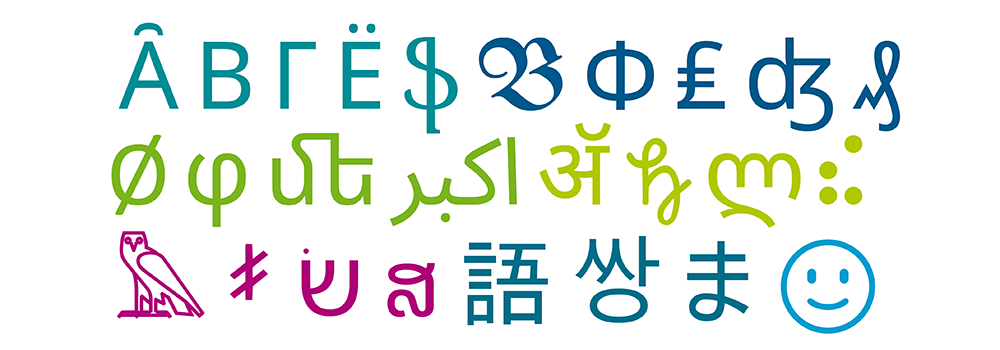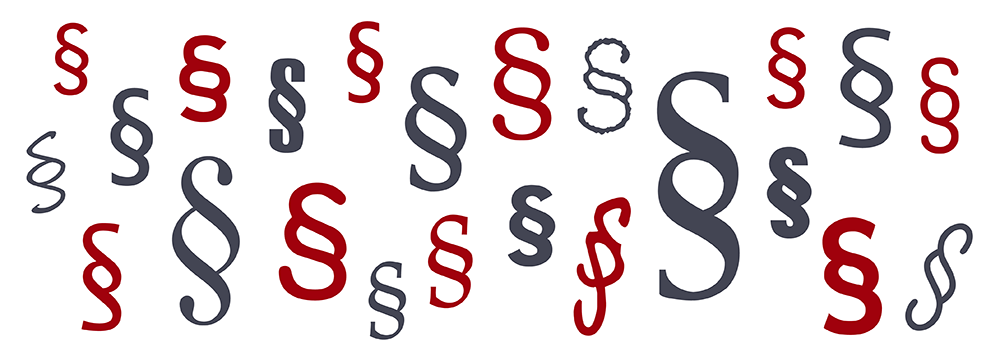Russian as a Transnational Language: Resonance, Remembrance, Renewal
 This collection contributes to emerging work in critical sociolinguistics, using a multidisciplinary and multiscalar approach to understanding the diasporic experience in the Russian-speaking world.
This collection contributes to emerging work in critical sociolinguistics, using a multidisciplinary and multiscalar approach to understanding the diasporic experience in the Russian-speaking world.
The volume expands on research in the sociolinguistics of mobility, multilingualism, and diaspora studies. It critically examines the ways in which transnational Russian identities are perceived and discursively enacted in online and offline spaces, and how this interplay contributes to diasporic identification across the globe. In highlighting a range of critical methodologies at multiple scalar levels – across family, national, and global lines – the book raises key questions about what binds and distinguishes individuals belonging to diverse communities of Russian speakers. It likewise interrogates established notions of memory, nostalgia, authenticity, and belonging, as well as perceptions of futurity and change.
This book will be of particular interest to students and scholars in sociolinguistics, multilingualism, language and education, and linguistic anthropology.
zum Buch im ULB-KatalogPlus
zum Buch auf der Verlags-Website
Signs of the Material World: Dostoevsky, Science, and the Nineteenth-Century Novel
 Drawing on Dostoevsky’s relationship with science, Signs of the Material World explores the literary impacts of nineteenth-century materialism.
Drawing on Dostoevsky’s relationship with science, Signs of the Material World explores the literary impacts of nineteenth-century materialism.
Signs of the Material World traces the literary effects of nineteenth-century materialism that includes the mind and body within a multifaceted “living life.” The book examines a range of scientists, from Auguste Comte and the “vulgar” materialists to Charles Darwin, James Clerk Maxwell, George Henry Lewes, Charles Sanders Peirce, and the Russian Nikolai Strakhov. The book sets Fyodor Dostoevsky in complex opposition to his fellow writers, Lev Tolstoy and Nikolai Chernyshevsky, while also exploring the formal connections that he shares with contemporaries across Europe and the United States, including Wilkie Collins, Charles Dickens, George Eliot, Nathaniel Hawthorne, and Friedrich Schiller. Melissa Frazier argues that Dostoevsky’s art serves as his science, both in his reliance on plot and in his recourse to an often-extravagant figurative language. This combined literary and scientific practice reflects Dostoevsky’s transnational and interdisciplinary reading; it also transforms our own. In George Eliot’s words, Dostoevsky “changes the lights for us.” Once drawn into his orbit, Eliot herself no longer looks quite the same. Finally, Signs of the Material World argues that Eliot and Dostoevsky’s particular strain of nineteenth-century materialism lends itself to an ambivalent political stance, as they both confront the certainties of social utopianism with a deliberate embrace of ambiguity.
zum Buch im ULB-KatalogPlus
zum Buch auf der Verlags-Website



Schreibe einen Kommentar